The Road to Appalachia: Beginning With the End in Mind
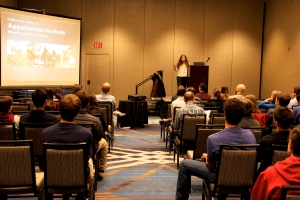
Beth Collins, Appalachian Institute, presents on the Appalachian Region at the Ignatian Family Teach-In for Justice
BY LIZ VESTAL | November 24, 2014
Going to the Ignatian Family Teach-In for Justice for the first time this weekend, I found myself preliminarily overwhelmed by all of the opportunities before my eyes: non-profit organizations, potential employers, and justice-oriented friends galore surrounded me as I walked into the conference. After the initial shock wore off, it was time to get down to business.
My favorite parts of the Teach-In were the breakout sessions. After a careful discernment process of which sessions to attend, I chose one by Beth Collins of the Appalachia Institute of Wheeling Jesuit University, as well as one by couple Genevieve and Michael Jordan Laskey of Life & Justice Ministries of the diocese of Camden, New Jersey on “How to Make Immersion Trips Stick.” These two were intertwined for me, as my internship with St. Louis University’s Campus Ministry leads me to be heavily involved in the immersion trips we take over winter and spring break, and I plan on participating in the Appalachia group this spring. The breakout sessions motivated me to tell the SLU Billikens who will be joining me in Appalachia what I learned, and provided new skills in how to better walk with them along the way.
Beth Collins, Director of the Appalachia Institute, gave an informative speech on the problems affecting the Appalachia Region including its history and geography. While several of my friends have worked with the Appalachia Service Project, I had no idea the types of disparities facing this region. Beth referred to it, as many do, as “the developing country within the US.“ Communities forced to go without clean drinking water for weeks at a time, birth defects and diseases contracted from environmental degradation, and lack of job security due to the decline in the coal industry are all a part of normal living for the people of Appalachia.
What really struck me about what Beth said–and what I am most excited to see for myself–is the community in the region. Coal is at the center of the culture there; aside from being the number one employer of people in the area, it is a source of great pride. Beth explained that her town hosts coal festivals, coal beauty pageants, and community members sport coal bumper stickers on their vehicles. Many people living outside of this region do not understand coal’s importance to culture and the significance it has for its people.
In the following session, Michael and Genevieve of Life & Justice Ministries pointed out that we have to “begin with the end in mind” when planning immersion trips. What do I want the other students to get out of this experience? I now see that the end goal is a greater understanding of the region and the complexities that accompany it. The coal industry in Appalachia is a much larger debate than saving the environment versus creating jobs. It is about the people who live there and the pride they have for the Appalachia region.
One Mexican proverb says, “They tried to bury us. They didn’t know we were seeds.” The people of Appalachia are these seeds. After Beth’s presentation, I was filled with hope for the sense of unity she proclaimed lives in this region, and learning about the actual problems facing these cities has changed my outsider perspective. I am still an outsider, but now I have some background to help me get there. And with the help of Michael and Genevieve, I know how best to arrive in Appalachia. I know where my heart needs to be and where I should attempt to guide the other students and leaders in my group. In that 45-minute breakout session, I was reminded to look at a story from both sides. As I prepare to go with a group of my friends and peers in the spring, I am ready to receive whatever Appalachia will give me.
Hey there! I‘m Liz, the SERVE intern this year. I hail from Des Moines, Iowa (it’s cooler than you think, I promise) and am currently a junior studying Theology and Social Work at Saint Louis University. I spent the last semester in Manila, Philippines through the Casa Bayanihan program through the University of San Francisco, with pillars in academics, spirituality, community, and accompaniment. Transitioning back to SLU has been aided through a position as the Social Justice Intern in Campus Ministry, putting on events and bringing people together to discuss issues of social justice around campus and in the St. Louis area. When I’m not doing campus ministry-related activities, you can find me biking long distances, kayaking, baking for friends, drinking Hot Cinnamon Spice tea, or reading nerdy theology texts.

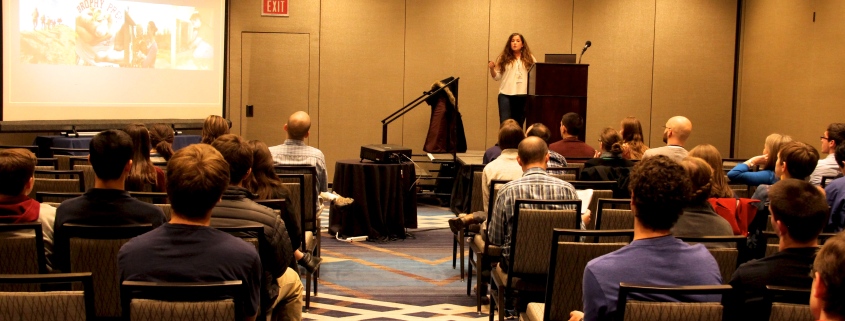
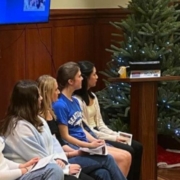

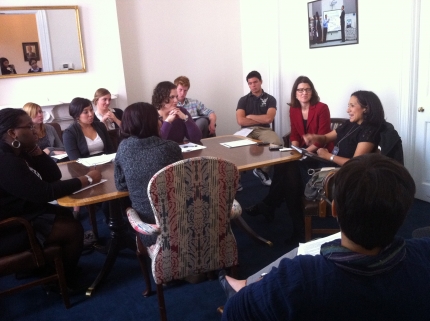
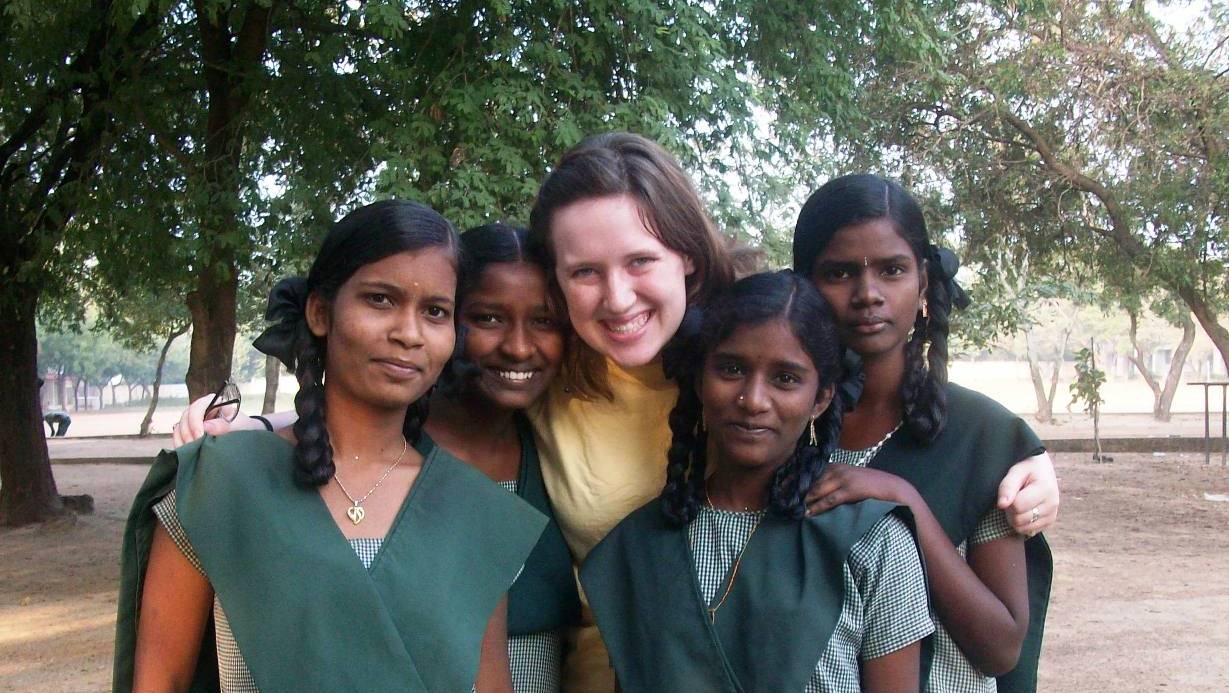
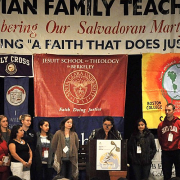




Leave a Reply
Want to join the discussion?Feel free to contribute!